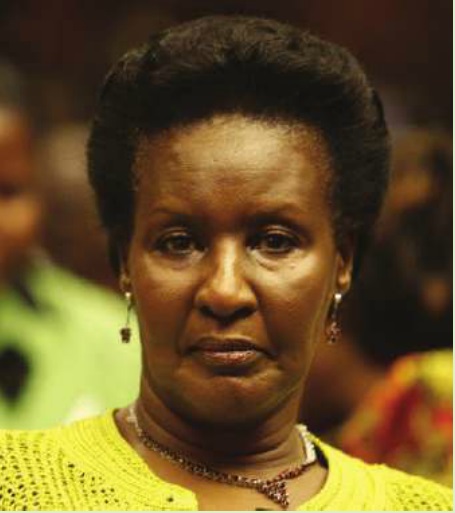
Uganda must comply with new stringent quality standards set by Sudan, the country’s second largest importer of coffee, or else risk having her coffee blocked from the lucrative market.
A high profile delegation comprising Trade ministry, UCDA and UNBS officials was in the Sudanese capital Khartoum recently on the invitation of the Sudan Standards Metrology Organisation (SSMO) to sort out the issue.
Last year, Sudan prescribed mandatory pre-shipment inspection of all imports including coffee. It mandated Bureau Veritas, which has its laboratories in Mombasa, Kenya, to carry out preshipment inspection of Uganda’s coffee exports to their country. According to the Trade ministry, Uganda had been given a June 15 deadline to comply but failed to beat it. After intense negotiations, the ultimatum was extended to June 2018.
The government is desperate to sort out the issue as Sudan is the largest market for Uganda’s coffee on the African continent.
In April 2016 for instance, coffee exports to Sudan amounted to 30,100 bags compared to 2,200 bags the previous month. This means that coffee exports to Sudan make up 81% of total exports to the African continent. However, the European Union, which is the largest importer of Ugandan coffee, has not imposed such stringent quality measures as it has not expressed concerns about it.
Though the intrinsic quality of Uganda’s coffee, which makes it very competitive on the global market, is well documented, the issue of quality has been under intense discussions in Uganda for some time with stakeholders concerned about quality aspects right from farm level throughout the value chain.
Robusta coffee grows natively in the Kibale forest area. Arabica coffee grows around the slopes of Mount Elgon.
The Sudanese handed Bureau Veritas stringent parameters to consider while inspecting, which include grading and chemical and physical contaminants.
 The Independent Uganda: You get the Truth we Pay the Price
The Independent Uganda: You get the Truth we Pay the Price



